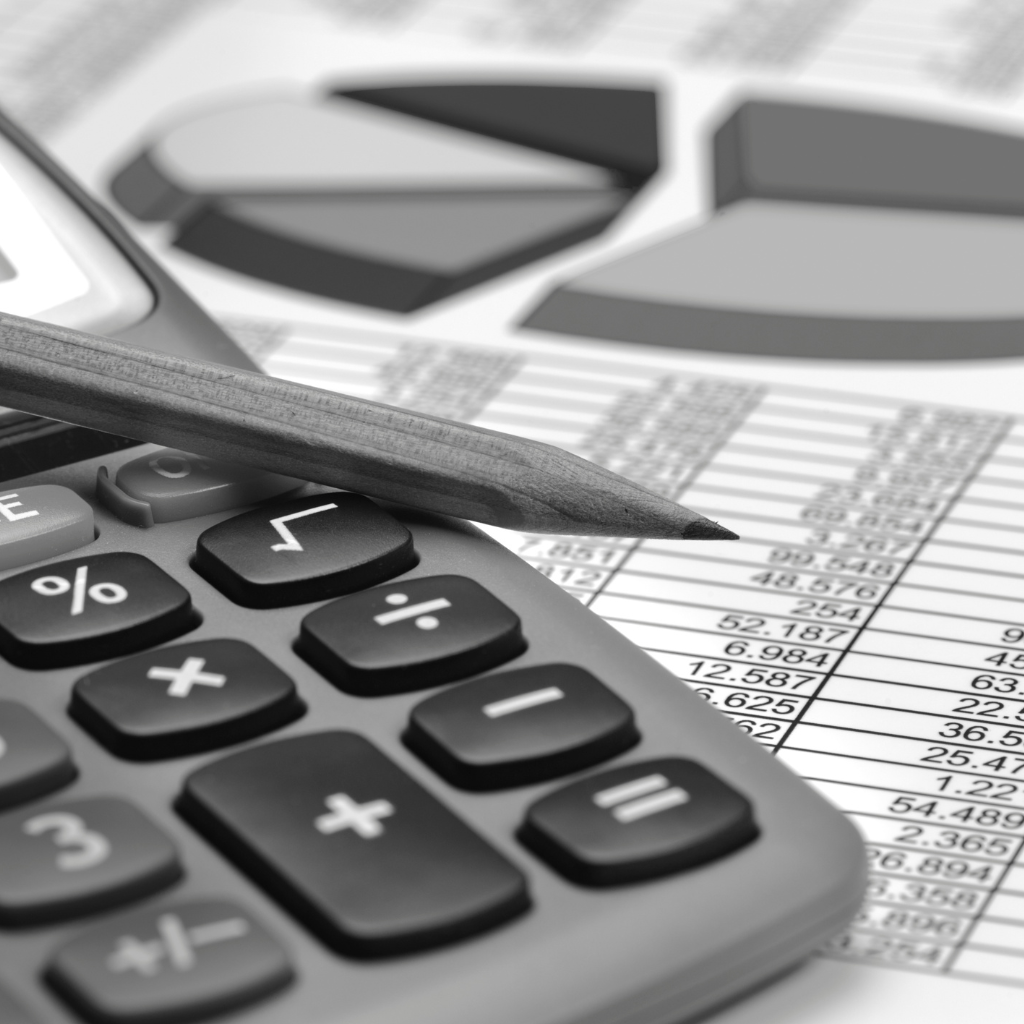Asset Valuation
Asset valuation is an important process that helps individuals and businesses determine the true value of tangible and intangible assets.
Valuation is used to assess the potential worth of an asset. Thus providing a reliable estimate of what it would cost to replace or acquire the asset.
As a business owner, it is important to understand the basics of asset valuation so that you can make informed decisions about your company’s investments.
In this article, I will discuss the different types of:
- asset valuation,
- the factors to consider when valuing an asset,
- the benefits of asset valuation, and
- the challenges of asset valuation.
Finally, I will discuss professional asset valuation services and how they can help you determine the true value of your assets.

Types of Asset Valuation
Figuring out the worth of something can be tricky. Therefore it’s important to understand the different types of valuations available.
Asset valuation is the process of determining the current worth of a physical or financial asset.
There are three main valuation methods used to assess an asset’s value.
The first is the cost approach. This uses the asset’s original purchase price, along with any associated costs, to determine its current worth.
The second is the market approach. The valuator takes into consideration the current prices of similar assets in the market to determine what the asset is worth.
The third is the income approach. This considers the asset’s income potential to determine its value.
Each of these approaches has its own benefits and drawbacks. It’s important to understand all three in order to make an accurate assessment of an asset’s value.
It’s also essential you take into account any external factors, such as inflation and market trends, that may affect the asset’s worth.
With the right knowledge and tools, asset valuation can be a powerful tool for any investor.
Factors to Consider When Valuing an Asset
When it comes to appraising a piece of property, there are certain factors to take into account – from its location to its condition – that can help determine its worth.
Generally, the more desirable the property is, the more it will be valued.
Location is a key factor in asset valuation. The closer an asset is to amenities, transportation, and other desirable features, the higher its value will typically be.
Additionally, the condition of the asset should be taken into consideration.
If an asset has been well-maintained and is in good condition, it will likely be valued higher than an asset that is in need of repairs or has signs of wear and tear.
Finally, the age of the asset can also have an impact on its value. Older assets may have a lower value than those that are relatively new.
In addition to location, condition, and age, the size of the asset must also be taken into account. Smaller assets may not be as valuable as larger ones due to their limited amount of space and potential.
The amount of land surrounding the asset is also important. If there is a large amount of land around the asset, it may be more valuable than if there was a limited amount of land.
Finally, the demand for the asset should also be taken into account. If there is a high demand for the asset, its value will likely be higher than if there is a low demand.
By taking all of these factors into account, an accurate appraisal of the asset can be made.
Benefits of Asset Valuation
Understanding the value of your assets can help you make informed decisions and maximize your potential returns.
Asset valuation enables you to objectively measure the current and potential future value of your assets.
It also helps you determine the fair market value of an asset, which is important for assessing the worth of an asset for potential buyers and calculating the cost of acquisitions.
Furthermore, asset valuation helps you identify potential risks associated with an asset, allowing you to make informed decisions when investing.
Additionally, it enables you to make decisions about how to allocate resources.
By understanding the value of your assets, you can more accurately assess which investments are likely to yield the greatest returns and direct resources accordingly.
Moreover, asset valuation helps you manage risk by pinpointing assets with higher potential risks and ensuring that you have sufficient resources to mitigate them.
Overall, asset valuation is a powerful tool that can help you maximize your potential returns and make informed decisions.
Challenges of Asset Valuation
Determining an accurate value for assets can be a challenging endeavor, requiring significant expertise and experience.
The range of potential assets that can be valued is vast, including physical property, stocks, bonds, currency, intellectual property, and much more.
Each asset requires its own methodology for determining its value. The task of selecting the right approach is made even more difficult due to the wide range of variables.
For example, a physical asset such as a piece of real estate may require consideration of the local market, population trends, taxation policies, and other factors.
These considerations can be especially tricky when it comes to intangible assets like intellectual property, which may require expert analysis.
Additionally, asset valuation can be complicated by factors such as inflation, exchange rates, and volatile markets.
These changes can occur rapidly and dramatically, leaving little time to adjust and recalculate the value of assets.
For this reason, those performing asset valuation must have a deep understanding of the methods they’re using and the ability to quickly adapt to changing conditions.
Ultimately, asset valuation is a complex and difficult process that requires a significant amount of time, expertise, and experience.

Professional Asset Valuation Services
Accurately valuing an asset can be an intimidating and arduous process, which is why professional asset valuation services can be a lifesaver.
Professional asset valuation services are provided by certified experts who use the most up-to-date methods and industry standards to provide accurate and reliable results.
They’re experienced in the field and have the knowledge and resources to provide an accurate valuation of the asset.
In addition to providing a reliable valuation, professional asset valuation services can also help prevent potential disputes and costly mistakes.
By utilising a professional service, you can ensure that the asset’s properly valued and that any potential discrepancies are identified and addressed.
Professional asset valuation services can also provide advice on how to best maximise the value of the asset and ensure that it’s properly managed.
Conclusion
Asset valuation is a complex process and requires an in-depth understanding of the asset. It also requires the ability to accurately assess its value.
While valuing an asset can be difficult, the benefits of doing so can be immense.
Being aware of the different types of asset valuation, the factors to consider, and the challenges that can arise can help ensure a successful outcome.
Professional asset valuation services can also be helpful, providing experienced insight to ensure the best possible outcome.
Valuing assets is important, and when done correctly, it can help you make the most of your investments.
Pinks Asset Finance can guide you through the process, advise accordingly plus introduce you to trusted partners where necessary.




